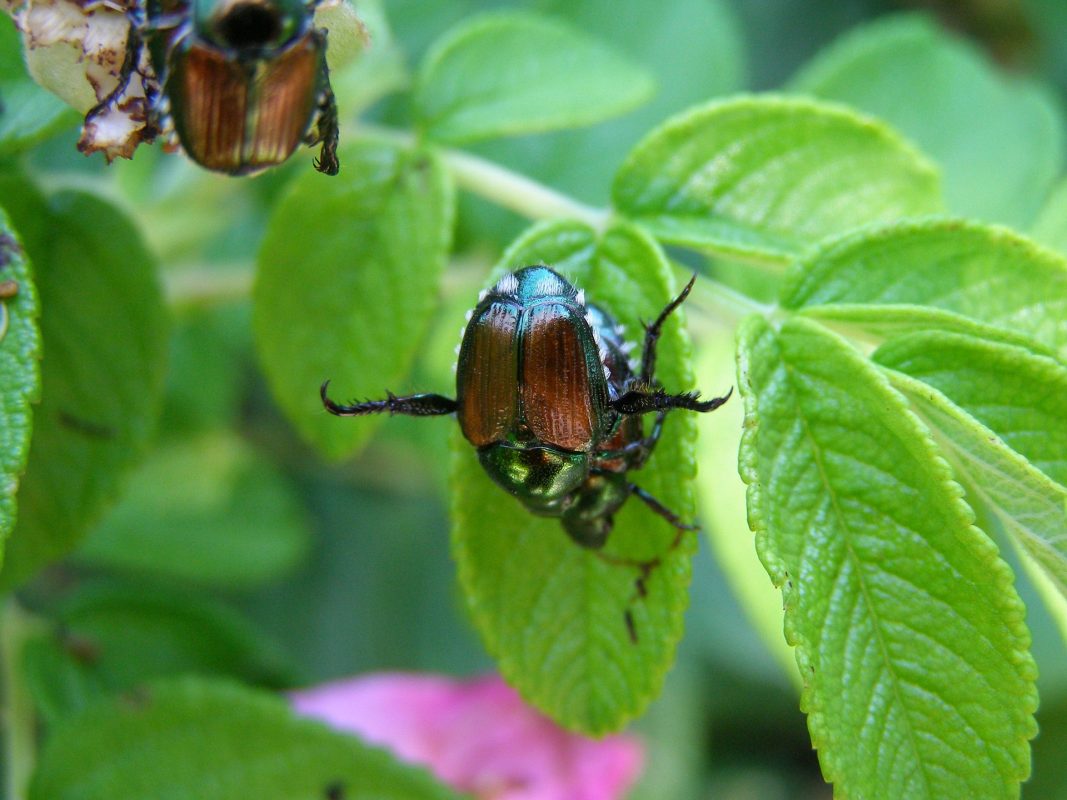blog, Garden Blog, Garden Tips
Common Garden Pests in New England Gardens: Identification, Control Techniques, and Expert Advice from Redwood Nursery
New England gardens are renowned for their stunning beauty and diverse plant life. However, dealing with common garden pests can pose a challenge to maintaining a healthy and flourishing garden. In this article, we will explore the identification and control techniques for prevalent summertime garden pests in New England. Additionally, we will introduce Redwood Nursery, a trusted resource with knowledgeable staff who offer expert advice and a wide range of solutions to help you combat garden pests effectively.
- Japanese Beetles (Popillia japonica): Japanese beetles are notorious pests that can cause significant damage by feeding on plant leaves. Redwood Nursery is here to assist you in identifying Japanese beetle infestations and providing effective control techniques. With their wealth of knowledge, the nursery’s staff can recommend traditional and organic solutions tailored to your specific needs.
- Aphids (Aphidoidea): Aphids, small insects that feed on plant sap, can stunt growth and distort leaves. Redwood Nursery’s knowledgeable staff can help you identify aphid infestations and guide you through the process of selecting appropriate control measures. They offer a variety of solutions, including insecticidal soaps and neem oil, to effectively address aphid issues.
- Squash Bugs (Anasa tristis): Squash bugs pose a threat to summer squash and pumpkins by sapping plant vitality through leaf feeding. Redwood Nursery is your partner in combating squash bug infestations. Their helpful staff can provide expert advice on control techniques such as handpicking and mulching, while also offering information on the use of insecticides as a last resort.
- Cabbage Worms (Pieris rapae): Cabbage worms, the larvae of small white butterflies, commonly affect vegetable gardens and can reduce crop yield by chewing holes in leaves. Redwood Nursery’s knowledgeable staff can assist you in identifying cabbage worm larvae and recommend effective control measures. They can suggest natural predators, such as parasitic wasps, and provide guidance on using floating row covers for prevention.
- Slugs and Snails (Class Gastropoda): Slugs and snails thrive in moist conditions and can damage a variety of plants, leaving behind holes and slime trails. When faced with slug and snail issues, turn to Redwood Nursery for expert advice. Their knowledgeable staff can guide you through the process of creating an unfavorable environment for these pests, encouraging natural predators, and utilizing traps or baits.
Redwood Nursery is a trusted resource for New England gardeners, offering expert advice and a wide range of solutions to combat common garden pests. With their knowledgeable staff, you can confidently identify pests and implement effective control techniques tailored to your garden’s needs. By leveraging their expertise and utilizing appropriate solutions, you can maintain a healthy and thriving garden throughout the summer season. Trust Redwood Nursery for all your pest control needs and enjoy the beauty of your garden without the interference of pesky pests.



